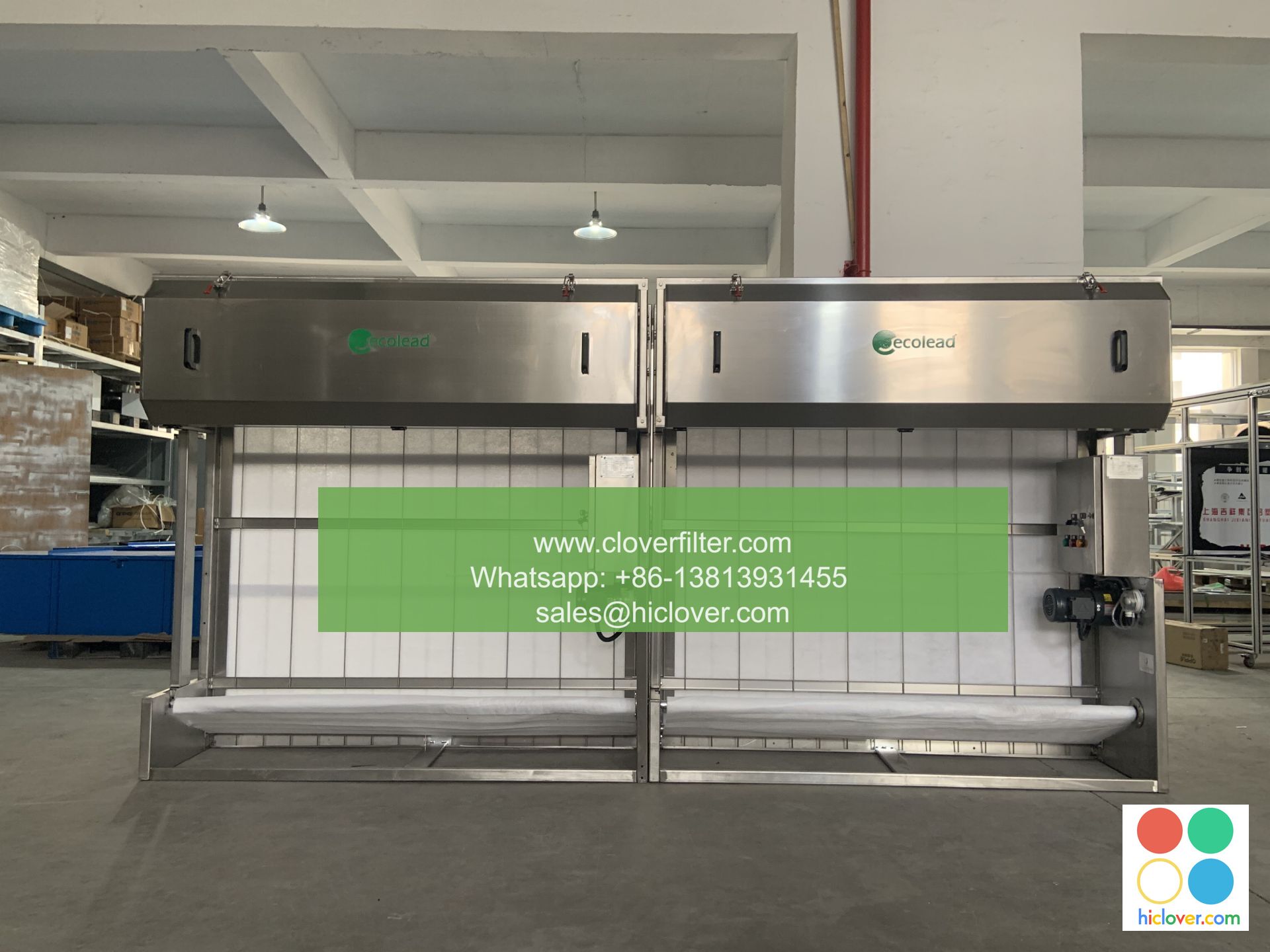Understanding the ISO 16890 Standard for Air Filter Certification

Understanding the ISO 16890 Standard for Air Filter Certification: A Key to Clean Air Quality
What is ISO 16890?
The International Organization for Standardization (ISO) 16890 is a widely recognized standard for the certification of air filters. Developed in collaboration with industry experts, this standard outlines the requirements for the selection, installation, maintenance, and testing of air filters to ensure they meet the necessary standards for air quality. In this article, we’ll delve into the details of the ISO 16890 standard, its importance, and its applications.
Why is ISO 16890 Important?
The ISO 16890 standard is crucial for ensuring the quality of air in various industries, including:
Industrial Processes
- Manufacturing
- Food and Beverage
- Pharmaceuticals
- Semiconductors
- Cleanrooms
- Hospitals
- Clinics
- Dental and Medical Offices
- Offices
- Shopping Malls
- Hotels
- Restaurants
- Particulates (PM10, PM2.5, PM1.0)
- Bacteria
- Viruses
- Gases
- Odors
- Physical damage
- Chemical corrosion
- Biological exposure
- Environmental stressors
- Filter cleaning
- Replacement schedules
- Filter closure and sealing
In these industries, clean air is essential for maintaining product quality, reducing contamination, and preventing the spread of airborne particles. ISO 16890 certification ensures that air filters meet the necessary specifications to provide a clean and safe environment for production.
Healthcare
In healthcare settings, ISO 16890-certified air filters are vital for maintaining a sterile environment, reducing the risk of infection, and ensuring the well-being of patients and staff.
Commercial Buildings
In commercial buildings, ISO 16890-certified air filters are essential for maintaining a comfortable indoor environment, reducing allergens, and minimizing the spread of airborne diseases.
How Does ISO 16890 Certification Work?
To achieve ISO 16890 certification, air filters are tested and evaluated based on several key factors, including:
Filter Efficiency
ISO 16890 certification considers the filter’s ability to capture particles, including:
Filter Durability
ISO 16890 certification assesses the filter’s resistance to:
Filter Installation and Maintenance
ISO 16890 certification evaluates the proper installation and maintenance of air filters, including:
Benefits of ISO 16890 Certification
By choosing ISO 16890-certified air filters, organizations can:
Improve Air Quality
Enhance indoor environments, and reduce the risk of airborne diseases
Increase Productivity
Boost employee morale, reduce absenteeism, and improve overall efficiency
Comply with Regulations
Meet government guidelines and industry standards for air quality and safety
Reduce Costs
Lower energy consumption, reduce waste, and minimize the need for replacement filters
Conclusion
In conclusion, ISO 16890 certification is a crucial standard for ensuring the quality of air in various industries and commercial settings. By understanding the importance of filter efficiency, durability, and proper installation and maintenance, organizations can reap the benefits of improved air quality, increased productivity, and reduced costs. Choose air filters that meet the ISO 16890 standard to ensure a cleaner, healthier, and more productive environment for your employees, customers, and patients.
I’m here to help! What would you like to talk about or ask? Do you have a specific topic in mind or would you like me to suggest something? I’m here to assist you with any questions or topics you’d like to discuss.


